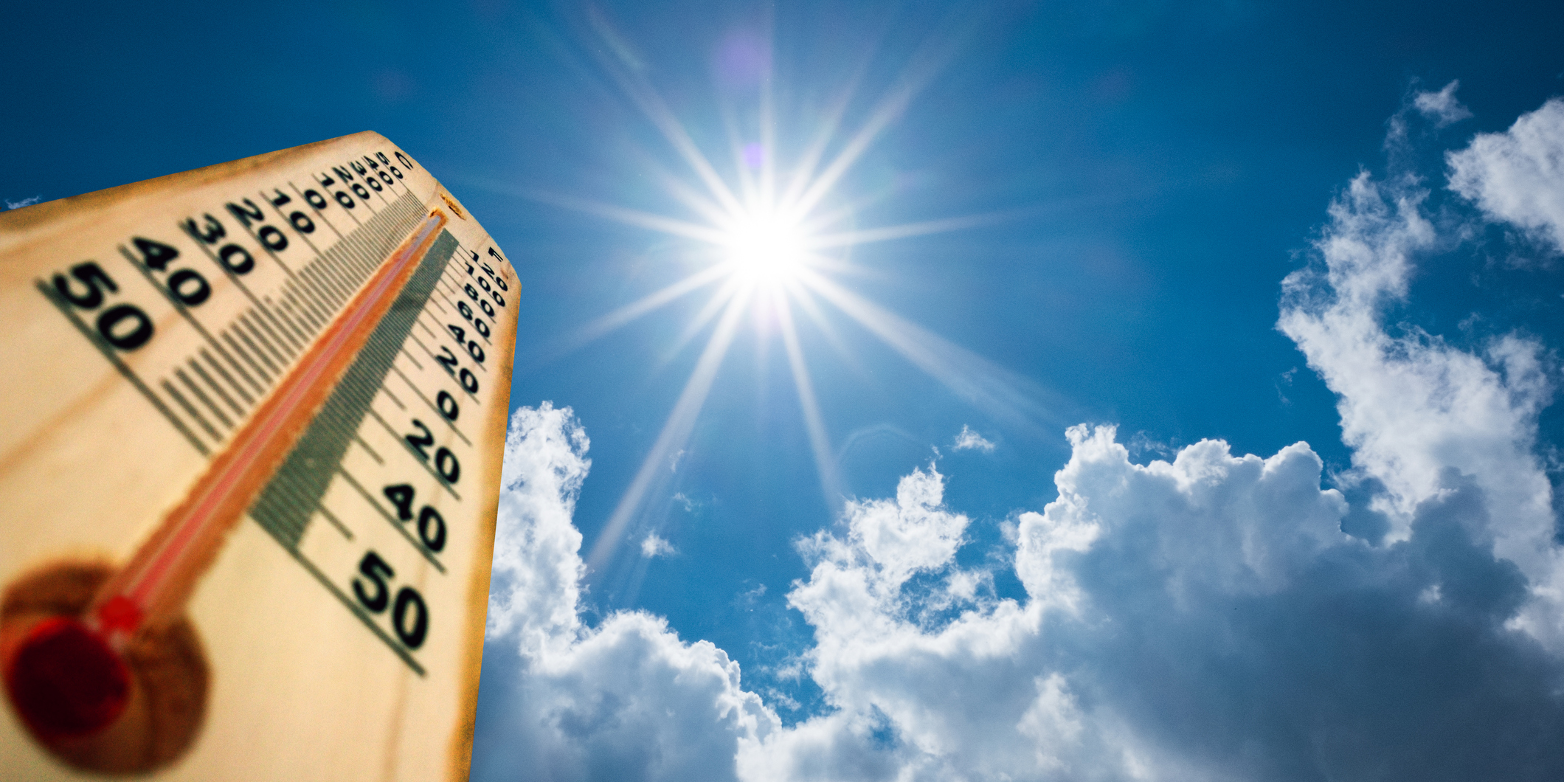Major benefits – and in principle still achievable
Sonia Seneviratne and Andreas Fischlin explain if and how it is possible to restrict global warming to 1.5°C, and why it does matter.

We just came back from South Korea where we were last week at a meeting of the Intergovernmental Panel on Climate Change (IPCC). We were the two Swiss researchers involved in the new IPCC special report on the impact of 1.5°C warming that is released today. So why were we there? A quick recap: Under the Paris Agreement, Switzerland together with 193 other countries committed to limiting average global warming to well below 2°C, and to pursue efforts to limit it to 1.5°C. This sounds good, and of course it makes sense that less warming is better than more. But does a half a degree difference really matter? And is it still even possible to limit global warming to 1.5°C? It was to address these exact questions that the IPCC was asked to draft the report that is presented today.

Does half a degree make a difference?
We are already living with climate change, with global warming being now ca. 1°C. Does it make a difference if we get instead to a global warming of 1.5°C or 2°C? The new report has a clear answer – yes, it does. An additional 0.5°C would significantly increase the consequences. Extreme heat, heavy precipitation in many regions and droughts in some regions would become more intense and/or frequent. The negative consequences for biodiversity and ecosystems, as well as human health and well-being, would also be substantial and in some cases irreversible. None of this is particularly surprising; the Earth has already heated up by an average of 1°C and the effects are already clearly noticeable, as the 2018 summer has shown in Switzerland and many other locations around the world.
Reaching net-zero CO2 emissions more quickly
As the IPCC’s previous major report clearly indicated, climate change can only be halted if net greenhouse gas emissions are reduced to zero. If we wish to limit global warming to 1.5°C, we need to reach this goal earlier than for a limit of 2°C – around the middle of the century. That also means that we have to act today, not tomorrow. The new report shows that the next decade will be decisive in reversing this trend. In particular, this means that investment in long-lasting infrastructure with a long-term impact on emissions must be reversed as soon as possible.
“Limiting global warming to 1.5°C, though challenging, is still possible.”Sonia Seneviratne and Andreas Fischlin
If we wait too long before taking action, politics and society will not only lose increasingly all choices, but we will also increase the risks. Aiming towards net-zero CO2 emissions now is much easier than striving towards negative CO2 emissions later. This is because the option of storing CO2 securely in geological reservoirs, for instance, is still a remote and uncertain option, requiring enormous efforts.
Yes, we can…
We want to clearly highlight one point: Limiting global warming to 1.5°C, though challenging, is still possible. But we have to act quickly and consistently, because CO2 remains in the air for millennia. We need immediate decarbonisation, which means learning to live in ways that emit simply no CO2. We need energy, more electrical energy in fact – so we need to fundamentally restructure our energy supply, our industry, and above all our urban environments. We have to invest quickly and consistently in an energy supply that is truly sustainable, meaning renewable. We will never be able to halt climate change if we continue to burn coal and oil as in the past.
And – although this may be unwelcome news for some – we can all make an individual contribution to the solution by changing our behaviour and our lifestyles. That doesn't mean renouncing to everything, but even switching to electric cars or train travel can make a difference. Are such major changes possible in the brief amount of time we have to act? This is difficult to say at present. Developments in society can happen very quickly – think about how quickly the switch to smart phones happened. The measures that countries have announced so far are in no way nearly sufficient. But with a targeted, continual restructuring of our society and our infrastructure, we still have a shot at keeping to the 1.5°C limit. Innovative Switzerland, with its strengths in the high-tech sector, can contribute a great deal to this and even profit from this development.
Sonia Seneviratne is Professor of Land-Climate Dynamics at ETH Zurich and is a Lead author of the external pageIPCC SR15 reportcall_made. Andreas Fischlin is Vice-President of IPCC Working Group II, review editor of the IPCC SR15 report, and Professor emeritus of the Terrestrial Systems Ecology group at ETH Zurich, which he led until 2015. The two scientists have been working with IPCC for many years.
